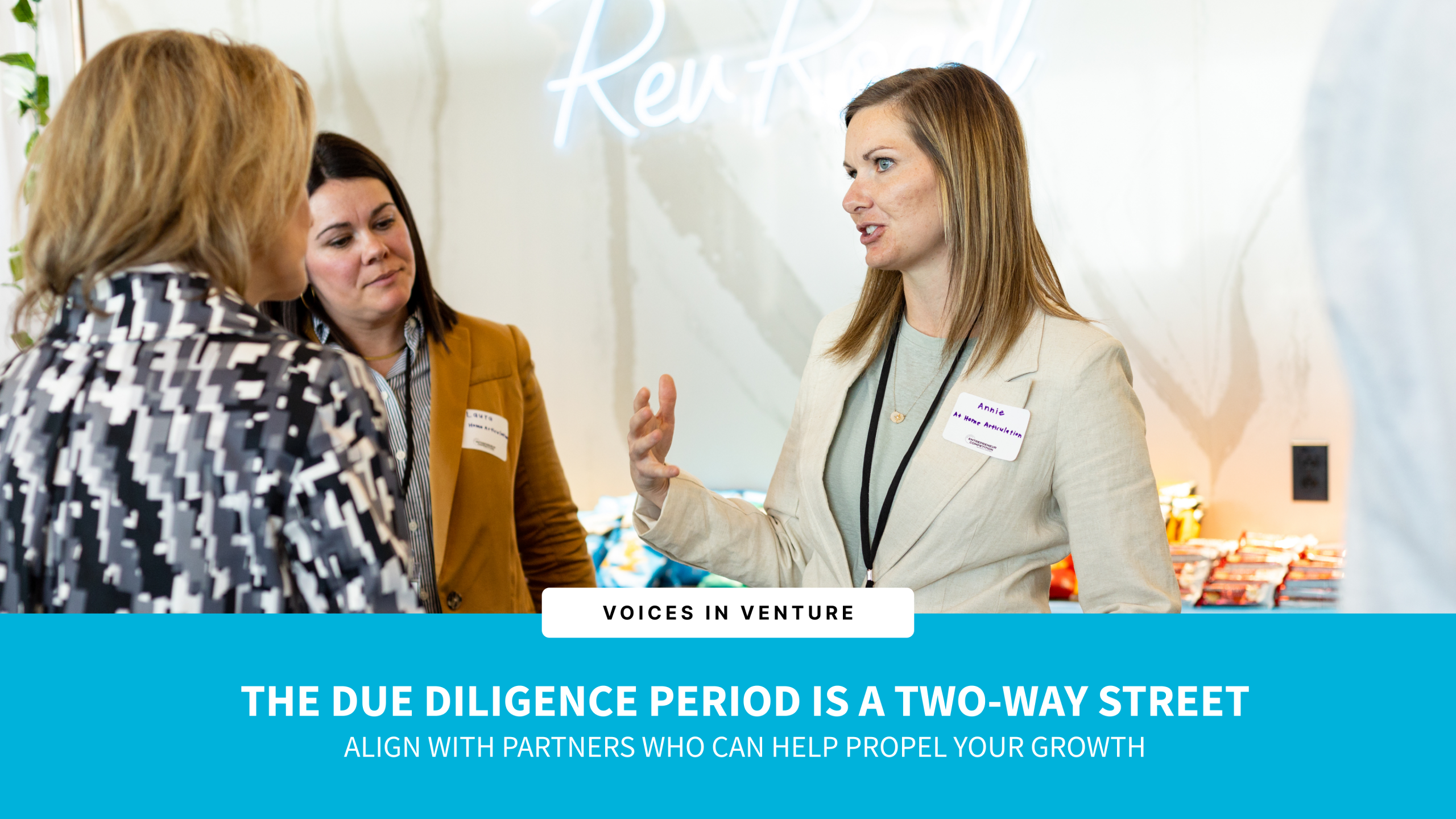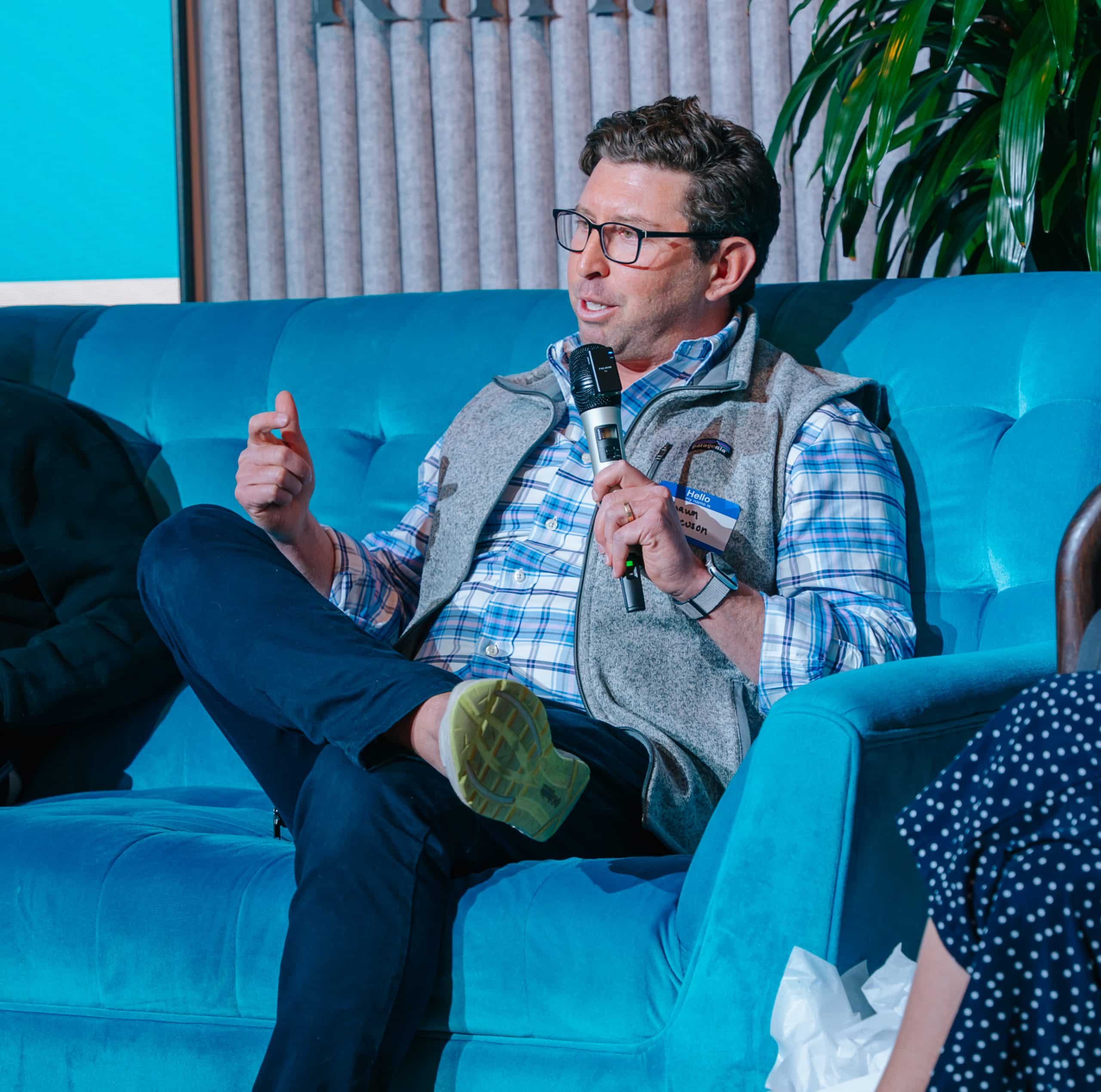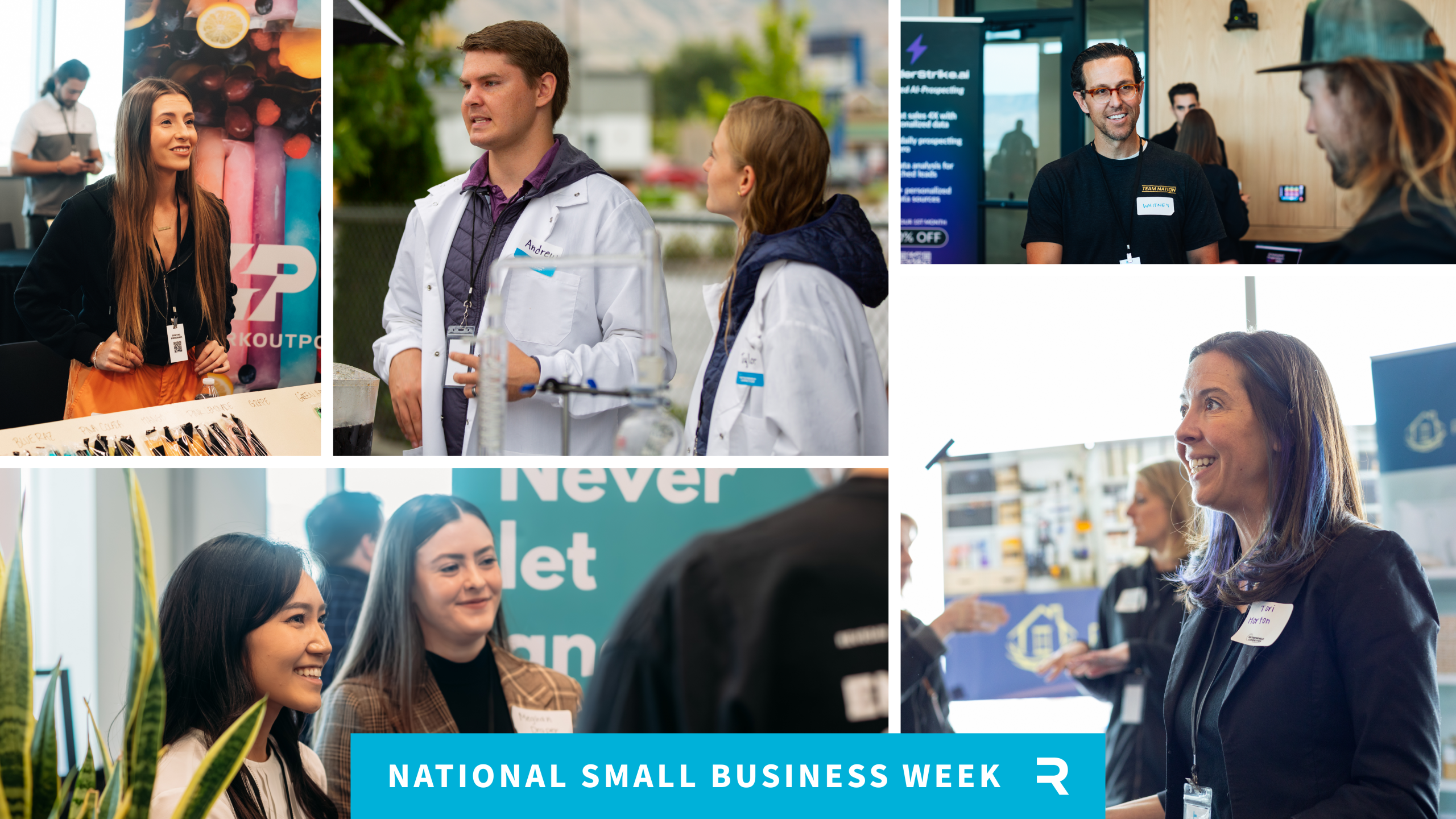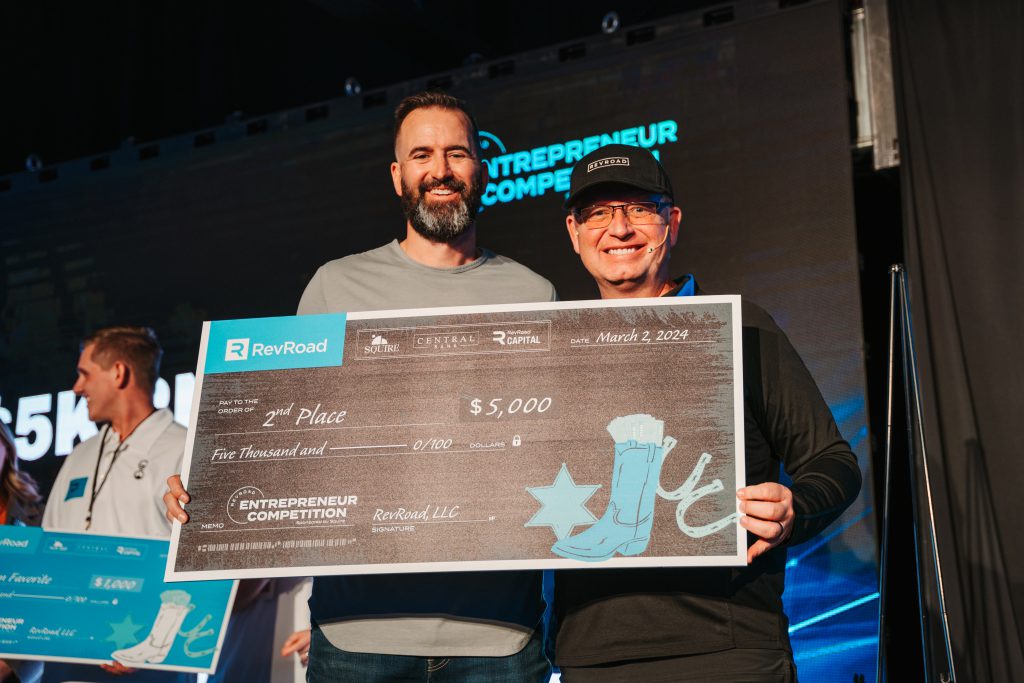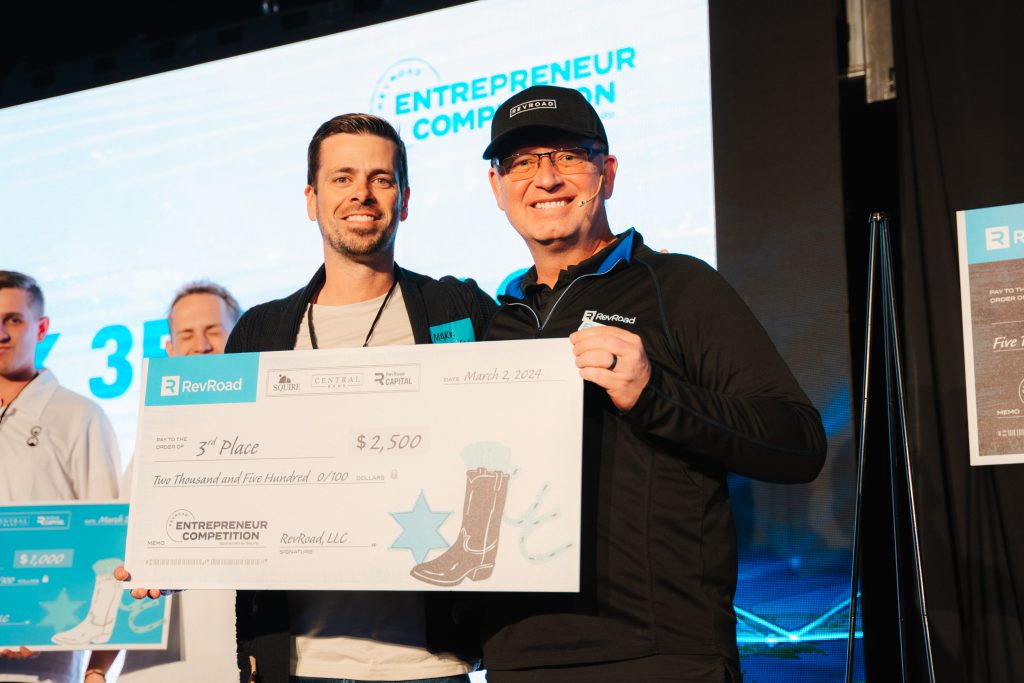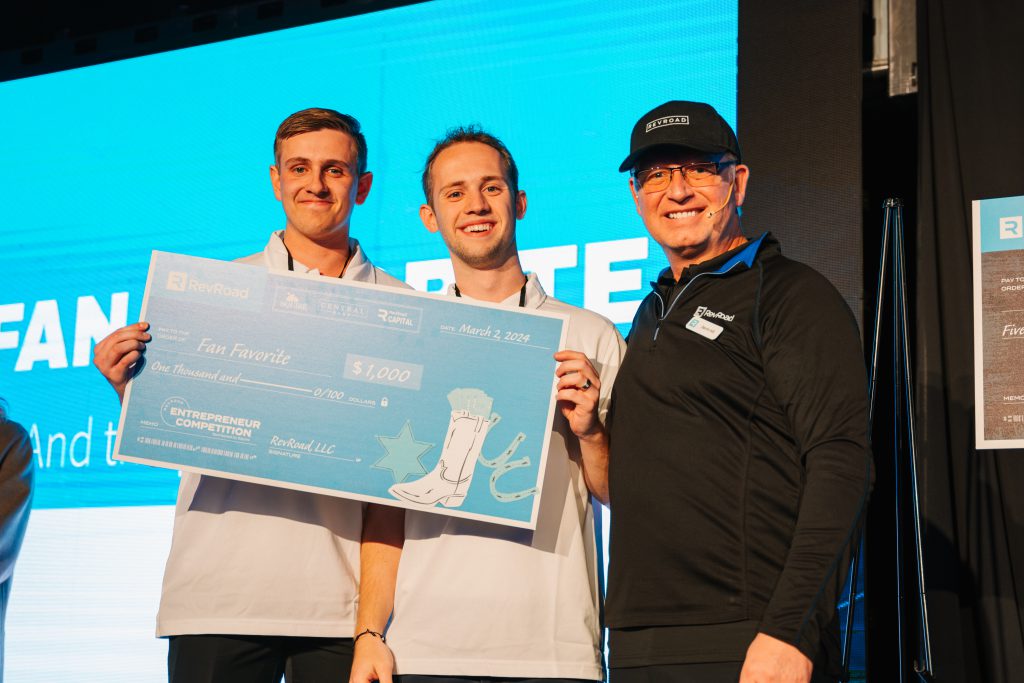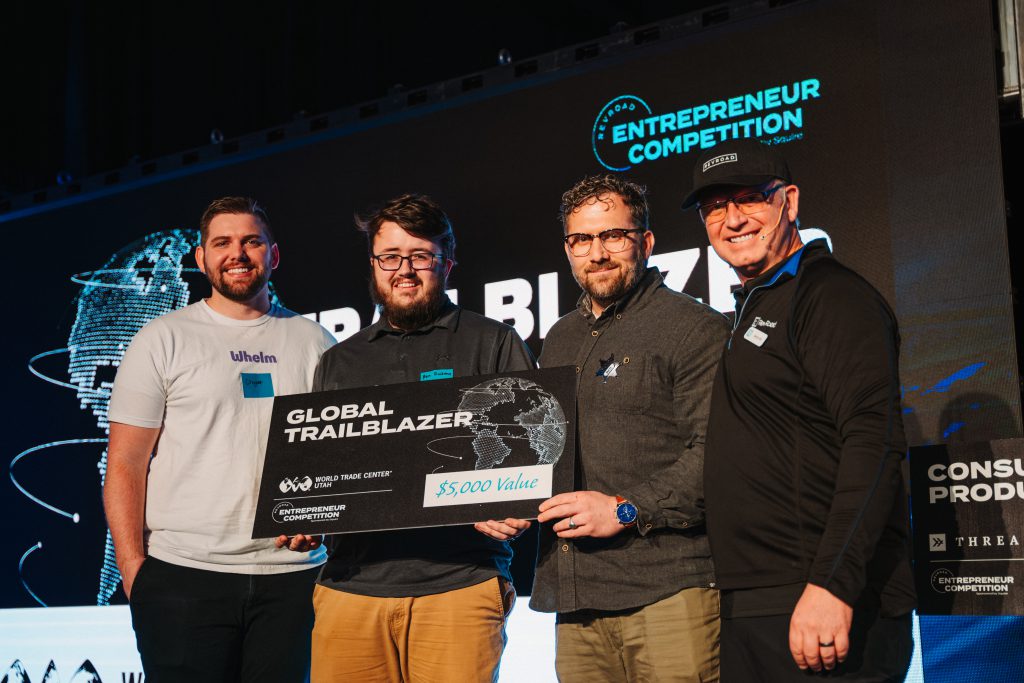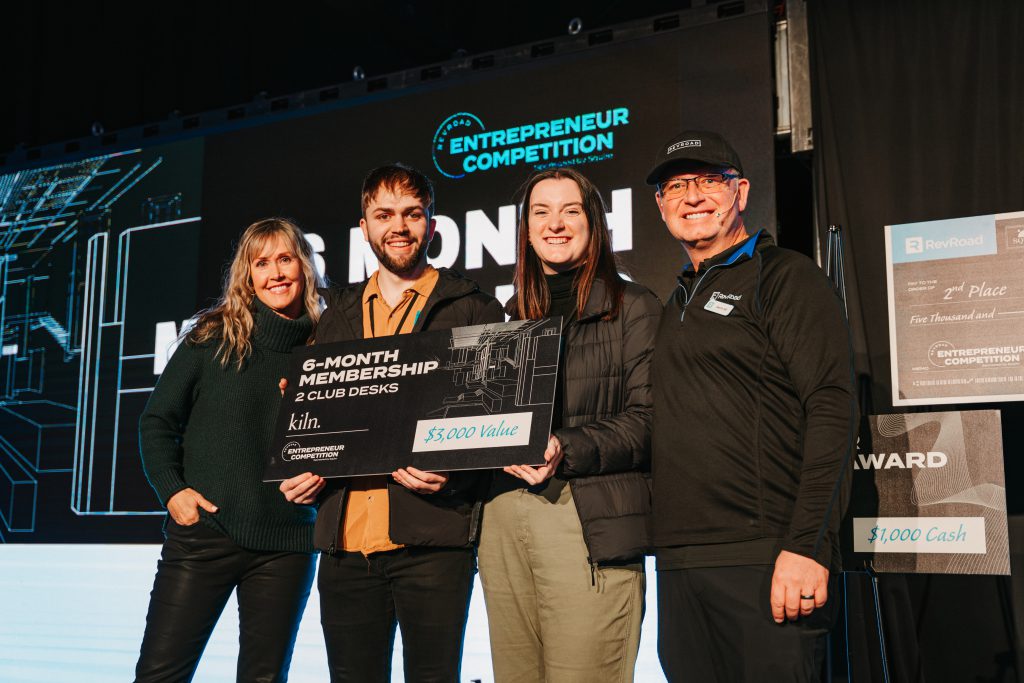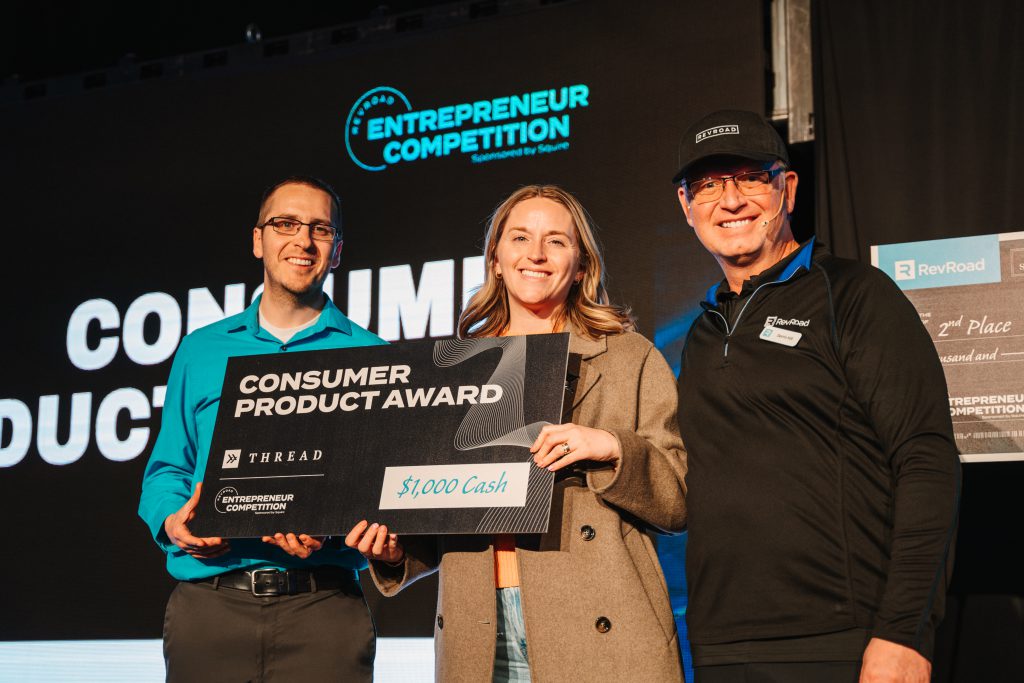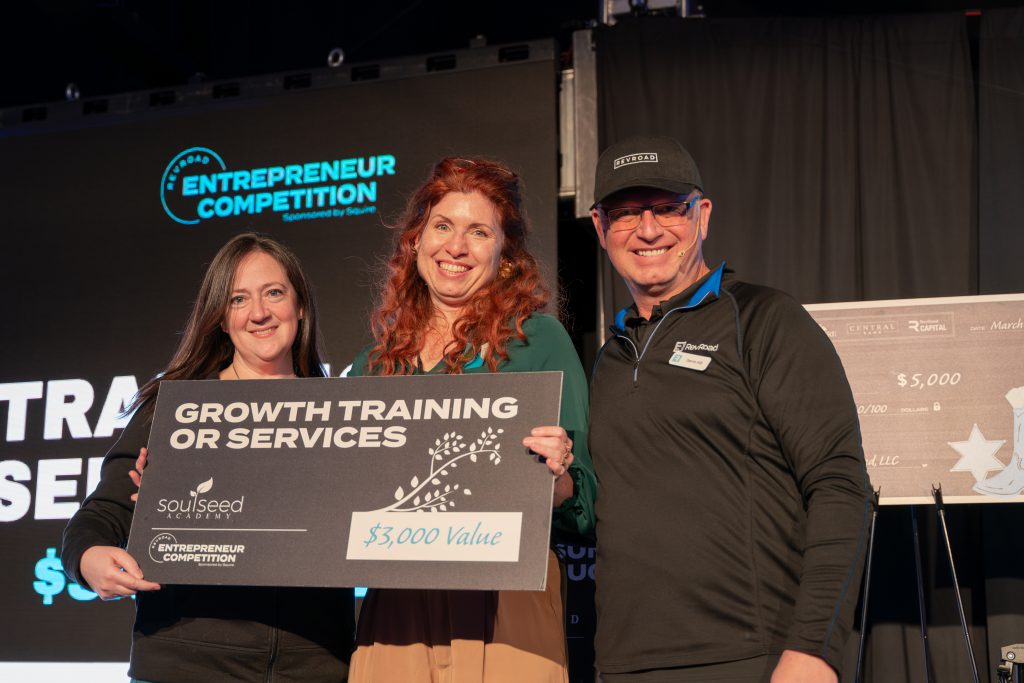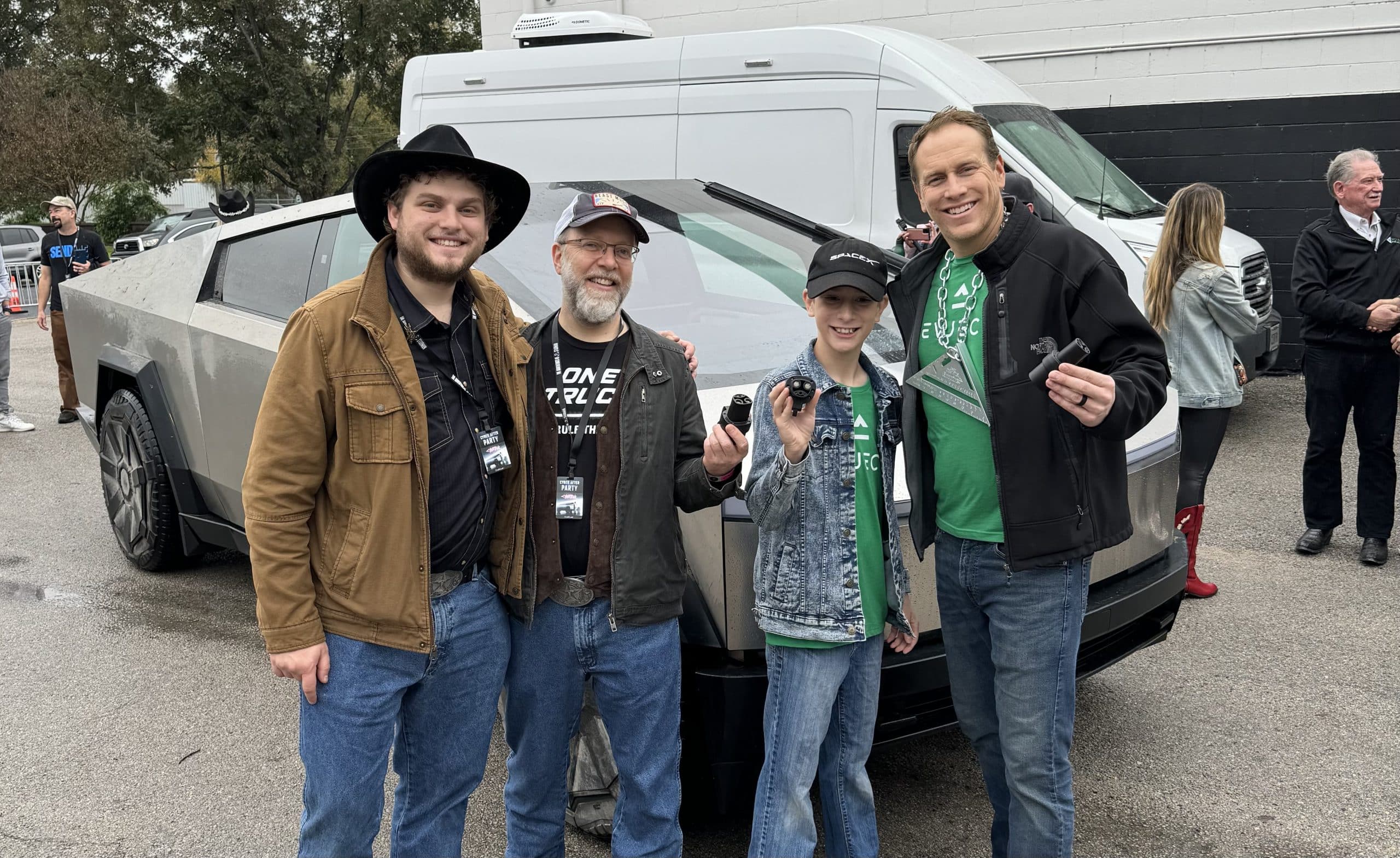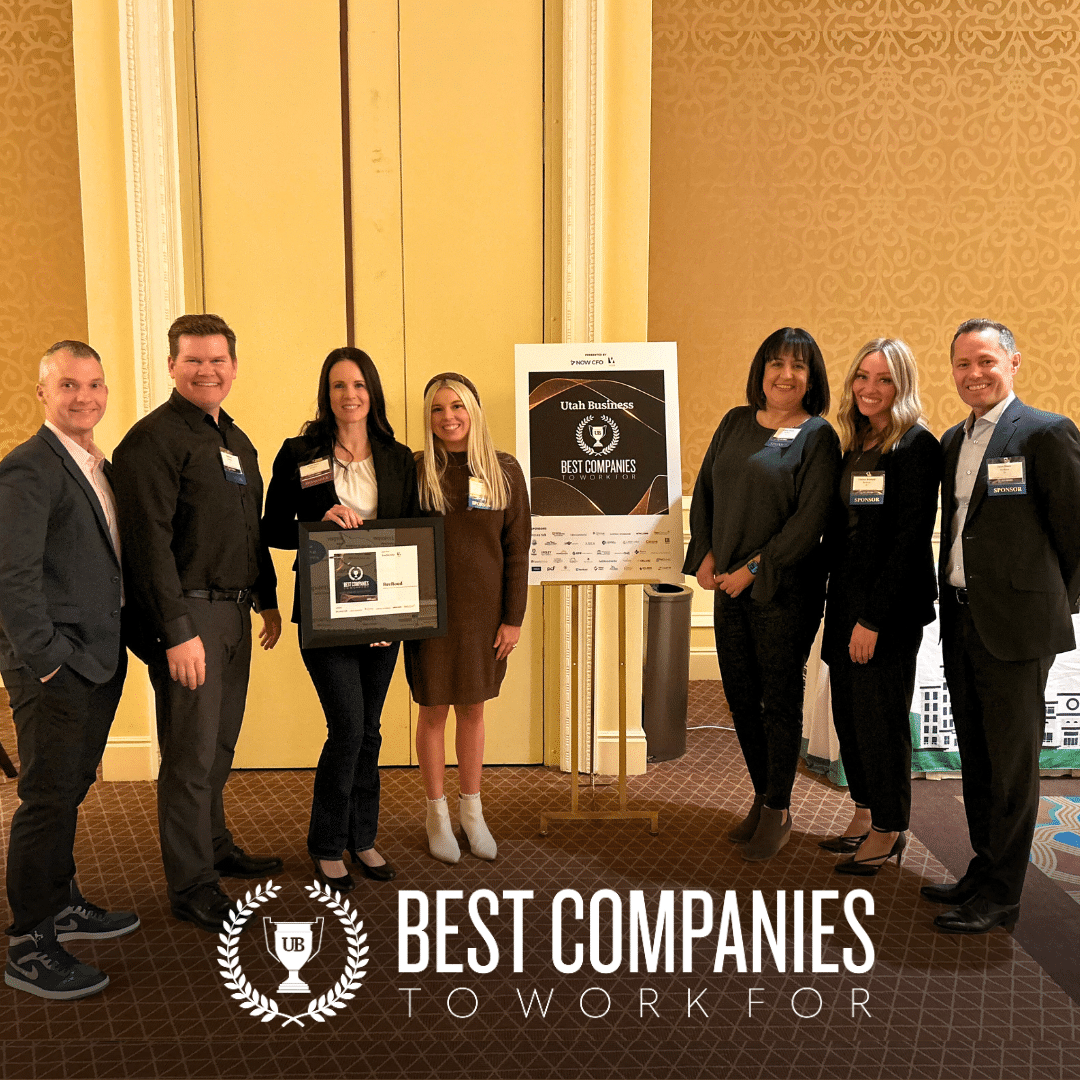The Entrepreneurial Operating System (EOS) is a comprehensive business management framework designed to empower teams with a set of simple, practical tools to achieve better alignment across all levels of the organization. To best support our portfolio companies and internal teams, RevRoad is continuously seeking innovative ways to enhance operational efficiency and has recently adopted this method.
The system, developed by Gino Wickman, was introduced in his book, “Traction: Get a Grip on Your Business.” EOS provides a systematic approach to managing and scaling a business by focusing on six key components: Vision, Data, Process, Traction, Issues, and People.
Vision: Implementing EOS begins with establishing a clear vision that is shared and embraced by the entire organization. This vision articulates where the company is heading and how it plans to get there through core values, core focus, long-term vision, and goals. By creating a shared vision, EOS helps foster collaboration across teams.
Data: The Data component focuses on setting and analyzing measurable data points that offer an objective view of the company’s performance—free from emotion or opinion. This aspect of EOS helps startups and businesses move away from subjective decision-making and towards informed decisions based on data and KPIs.
Process: The Process component ensures that data-driven efforts are consistent and scalable by standardizing processes across the organization.
Traction: Traction involves the discipline and accountability necessary to execute the vision. This is done by having regular meetings, using scorecards to track progress, and holding individuals accountable for their responsibilities.
Issues: The Issues component is about identifying and addressing obstacles promptly and effectively, ensuring they do not impede progress. This involves creating a culture of openness where issues are identified quickly, discussed honestly, and resolved effectively.
People: Lastly, the People component of EOS emphasizes having the right people in the right seats, which is crucial for any organization aiming to implement EOS successfully. This means aligning the team not only based on skills and capabilities but also ensuring they fit with the company’s core values and culture.
Additionally, EOS includes the GWC component (Get it, Want it, and Capacity) to evaluate whether a person is right for a specific role within a company. This aspect is embedded into performance reviews so that managers have regular conversations with their team members to ensure the right people are in the right seats and provide coaching and feedback whenever needed.
For a successful implementation of EOS, it is essential to engage every team member in the process. This can be achieved through training sessions and workshops that educate and empower employees about the benefits and mechanics of EOS. Regular check-ins and feedback loops should be established to address any challenges that arise, and leadership should act as champions of the system, consistently demonstrating their commitment to the EOS principles. For a full implementation, organizations should plan on 18-24 months before all components are introduced and put into regular practice.
Adopting EOS can significantly enhance operational efficiency and drive better business outcomes as it offers a proven framework that addresses immediate business challenges and lays a robust foundation for sustained growth and success.
At RevRoad, we are already seeing benefits and look forward to additional improvements as we continue to implement EOS over the next year.
—
Written by Jenney Rees

